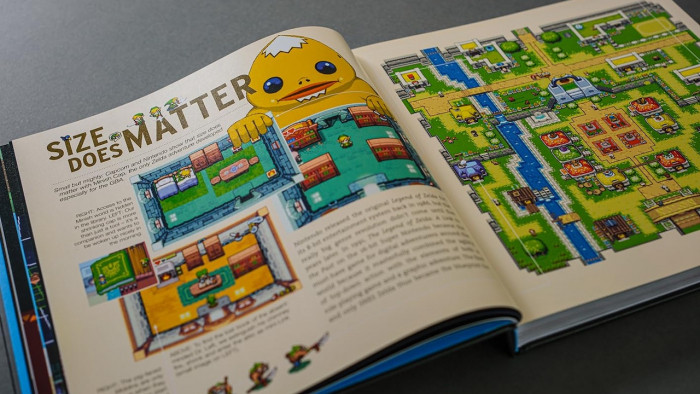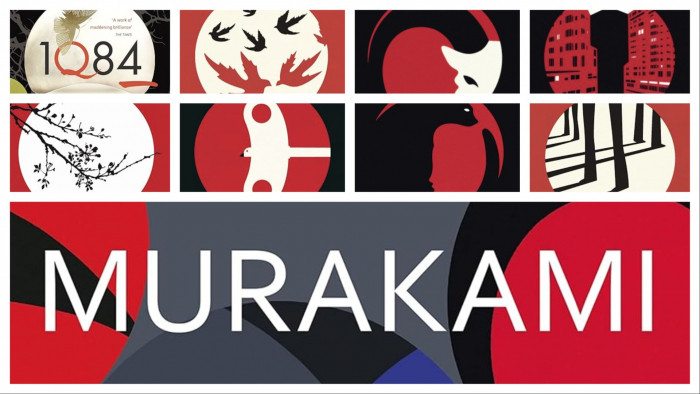We don’t readily jump on the ‘modern life is rubbish’ bandwagon, because fast internet is great, there weren’t any holograms in the past and an era in which you can watch Game Of Thrones is vastly better than an era that resemblesGame Of Thrones.
However, when it comes to settling disagreements contemporary society has a lot to answer for. Everyone is so eager to indulge in a spot of physical fisticuffs to iron out issues.
Call us old-fashioned but we’d rather settle any contretemps with some rather florid verbal jousting. Unfortunately, in today’s fast-paced world amassing the expansive vocabulary required to lance an opponent’s rowdy rhetoric has become – much like letter-writing, chivalry and pipe-smoking – something of a lost art.
So, we’ve hit upon an alternative. In times when a pithy and colourful insult is required, reach for your Shakespeare. Of course, if you ever want to be as good as him, stand in the pub and bellow them until you’re Bard. HEYOOOOOOO!

As You Like It
“Thou art like a toad; ugly and venomous.”
Measure For Measure
“Thou art a flesh-monger, a fool and a coward.”
Henry IV Part I
“A weasel hath not such a deal of spleen as you are toss’d with.”
All’s Well That Ends Well
“A most notable coward, an infinite and endless liar, an hourly promise breaker, the owner of no one good quality.”
Henry IV Part II
“You scullion! You rampallian! You fustilarian! I’ll tickle your catastrophe!”
King Lear
“Thou art the son and heir of a mongrel bitch.”
Cymbeline
“Thy tongue outvenoms all the worms of Nile.”
Troilus And Cressida
“Thou art as loathsome as a toad.”
Macbeth
“Go, prick thy face, and over-red thy fear, thou lily-liver’d boy.”
Henry IV Part I
“You starveling, you eel-skin, you dried neat’s-tongue, you bull’s-pizzle, you stock-fish–O for breath to utter what is like thee!-you tailor’s-yard, you sheath, you bow-case, you vile standing tuck!”

Richard III
“Out of my sight! thou dost infect my eyes.”
All’s Well That Ends Well
“A most notable coward, an infinite and endless liar, an hourly promise breaker, the owner of no one good quality.”
As You Like It
“I do desire that we may be better strangers.”
Henry IV Part I
“There’s no more faith in thee than in a stewed prune.”
King Lear
“Thou art a boil, a plague sore, an embossed carbuncle in my corrupted blood.”
Much Ado About Nothing
“You have such a February face, so full of frost, of storm and cloudiness.”
The Comedy Of Errors
“No longer from head to foot than from hip to hip, she is spherical, like a globe, I could find out countries in her.”
Coriolanus
“More of your conversation would infect my brain.”
A Midsummer Night’s Dream
“Tempt not too much the hatred of my spirit, for I am sick when I do look on thee.”
All’s Well That Ends Well
“By mine honour, if I were but two hours younger, I’d beat thee. Methink’st thou art a general offence, and every man should beat thee.”
Read more:The 30 most memorable literary fathers

Macbeth
“You should be women, and yet your beards forbid me to interpret that you are so.”
All’s Well That Ends Well
“Your virginity breeds mites, much like a cheese.”
Othello
“Heaven truly knows that thou art false as hell.”
The Two Gentlemen Of Verona
“You, minion, are too saucy.”
Coriolanus
“You abilities are too infant-like for doing much alone.”
Henry IV Part I
“Thou art as fat as butter.”
The Taming Of The Shrew
“Away, you three inch fool.”
Hamlet
“They have a plentiful lack of wit.”
King John
“O you beast! I’ll so maul you and your toasting-iron, That you shall think the devil is come from hell.”
All’s Well That Ends Well
“You are not worth another word, else I’d call you knave.”
(Pics: Getty, Pixabay)










